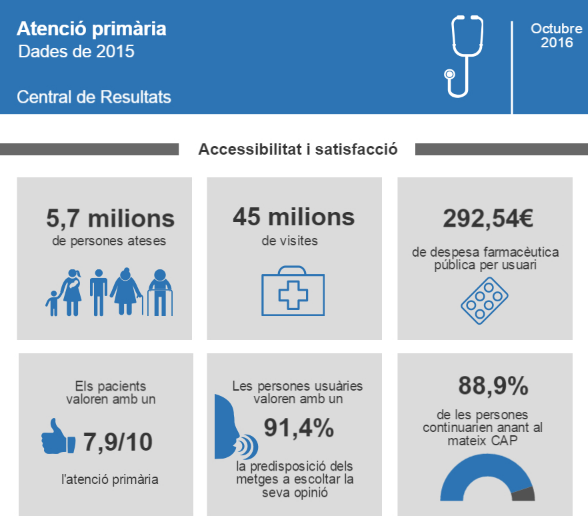
The European market of health products has been widely affected by the sudden emergence of a new legislative framework with the new regulations (2017/745 and 2017/746). The subtle difference between directive and regulation is paramount, they say, but we’ll leave that for another occasion. This new framework in the field of health products is characterised among other things by:
- A stricter control of high risk health products (for example, certain implantable products)
- The strengthening of rules of clinical evidence by including a coordinated procedure at a European level for the authorisation of multicentre clinical research.
- The reinforcement of requirements and the coordination between European countries regarding controls and after sales aspects.
In this context of important changes, the assessment community is also clearly active. Thus, on 19 June this year, there was a panel on health products at the international meeting of Health Technology Assessment HTAi, where a new and innovative Italian programme for health products was presented.
The programme, explaining the work carried out over several years in terms of definition and its pilot phase, includes three work packages: appraisal, methodology and monitoring. In another panel closely related to the previous one, in the field of methodology, the presentation of the categories to decide on what to invest in and what to disinvest win clearly stood out.
When talking about monitoring and collecting information, an example that stood out was the debate on the need for early assessments given that the life cycle of a health product tends to be short.
The significant increase in new products available and all the work objects previously mentioned are some of the things that position the importance of specific assessment in health products.
The importance of the assessment of health products is, therefore, undeniable. In the joint production work package of EUnetHTA JA3, in which AQuAS is participating, as many or more assessments of “other technologies” (health products, health interventions,…) have been planned as of the known assessments of drugs. In a sense, the numbers of one or other necessity are matched. The importance of the assessment of “other technologies” was in fact reflected in the HTAi annual meeting in a presentation by Wim Goettsch, director of EUnetHA.
The identification and prioritisation of products to be assessed (the Horizon Scanning system), as well as the balance between innovation and divestment, are also extensively discussed subjects and under continuous debate. Thus, in the REDETS network (in which the AQuAS is also actively participating) and with the leadership of Avalia-T, a public access tool was identified that helps in approaching this subject: the PriTec.
Assessment, therefore, can help directly in the use, management and sustainability of different health systems. In conclusion, new opportunities are provided for improving decision making in the area of health products and some of them will come through demonstrating efficiency by means of the adequate use and definition of health technology assessments (HTA).
Post written by Emmanuel Giménez.





